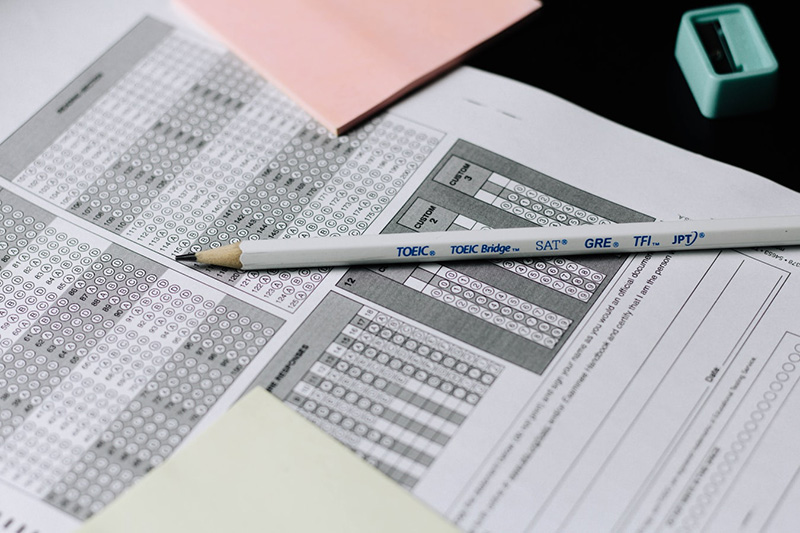It is not uncommon for Professional Health Programs to require an interview as part of the admissions process. Interviews are also not unusual in Business, Engineering, or other professional degree pathways. The format might seem like that of a traditional interview but may have a different framework than the customary employment interview.
Interviews can be held in group or panel settings. Some take place via recorded video while others might include personality assessments. It's important to be aware of the different experiences to ensure you're prepared for any potential format.
Group Interviews
Programs that conduct group interviews are seeking efficiencies within their admissions process. This style of interviewing is also utilized to identify how well a candidate may work within a team of professionals. The committee is typically observing how well you effectively communicate in scenario-based questions in a group setting. Group interviews can also include individualized behavioral style questions. In this particular format, it's not uncommon for the group to be given an activity to work on together. Much like the question and answer period, the committee is typically looking to see how well you interact with other candidates and identifying strong skills or traits you may hold.
Video Interviews
Colleges and Universities in the Health Professions have transitioned some of their interviews to a virtual platform. It's not solely due to COVID-19, video is being utilized to assist in pre-screening more students. The advantage of this process is institutions can reach more students in the applicant pool and increase diversity. Video interviews can range from open-ended prompts to very detailed behavioral and simulated style questions. Questions can be timed or untimed. Video interviews should not be confused with virtual interviews, which are usually conducted on a live conferencing platform. In a video interview, candidates are typically provided with a prompt and must answer the question while being recorded. Recorded interviews can be timed or untimed, and you should be prepared for either scenario. If your interview is timed, take a minute to gather your thoughts and prepare a thoughtful answer.
Personality Assessments
Personality Assessments can provide another layer to the student's admission application. Instead of simply reviewing student test scores, grades, and GPA, they can now assess other elements. This is a more holistic approach to the overall assessment of candidates.
Panel Interviews
This style typically ranges from two to five people, but could include more members. You may have two separate panel interviews with different members within your chosen college program. During panel interviews, each member may ask two to three questions, depending on how many participants are present and the time allotted. Some members may also be responsible for observing how you interact with the panelists as a whole. For example, if one person asks the question, are you still engaging with the remaining members through verbal and nonverbal cues?
Interviewing Tips
- Always dress for success regardless of the modality being utilized for the interview.
- Prepare for behavioral and simulated/hypothetical and non-behavioral questions.
- When being asked a question, take a minute to gather your thoughts and formulate a well-thought-out response. Even if you are timed, providing a solid response that directly answers the question is better than responding without thinking it through.
- In panel or group interviews, always make eye contact and engage with all members that are present.
- If you are given a group activity during your interview, make sure to interact with your group members and provide your insight on the scenario being worked on. You need to find the balance between working collaboratively and showcasing your knowledge while not overpowering the team.
- If you are attending a school with a career services team, it's recommended you meet with a counselor. This individual can assist with interview preparation and even conduct mock interviews with you. Practice helps build confidence as you prepare for the interview.
For more tips and or tricks, check out the College Board. There is also a list of potential questions from the Princeton Review worth reading. While the article focuses on medical school admissions, many questions are applicable to any interview.





